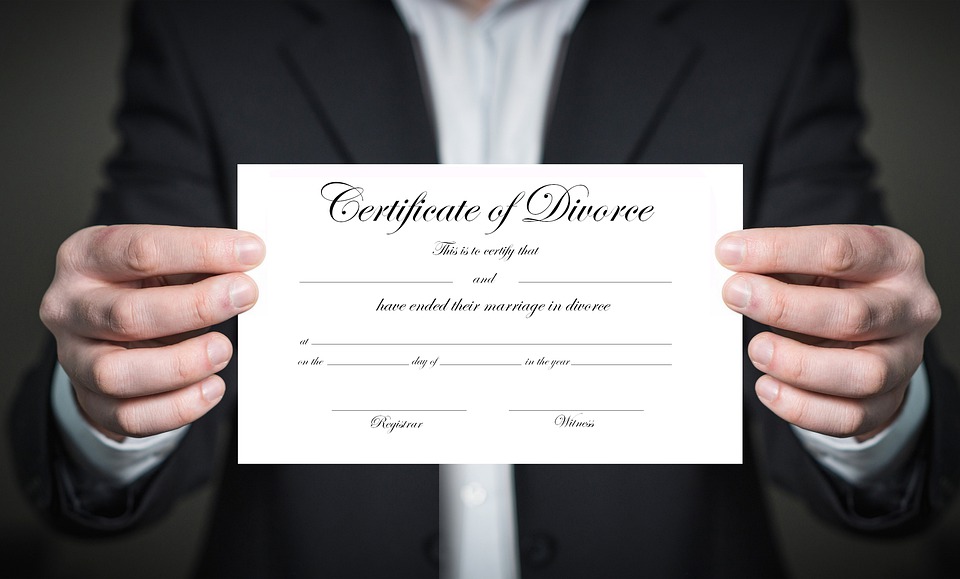Finding a good divorce attorney in Indianapolis starts with knowing whether the person across the table from you is the best person for the job. The right lawyer can help turn an emotionally tumultuous time into something much more bearable and understandable, all while doing their best to ethically help you reach your desired outcome for the case.
When counseling doesn’t work and you both feel that a relationship has run its course, you need to start looking into legal representation for your divorce proceedings. Needless to say, this can be a difficult and emotional time, so it’s best to have a lawyer whom you feel is in your corner and capable of fighting for you in whatever way the case and your spouse’s demeanor require.
Here are the answers to come commonly asked questions regarding divorce attorneys.
What Type of Attorney Do I Need?
Different areas of law have different skillsets associated with them. There are also at times different regulations and specifics that a lawyer will need to know well to practice ethically and to the best of their ability to help you reach your desired outcome. For these reasons, you’ll want to choose a lawyer who is well versed in practicing family law in your county. Divorce can sometimes be a complex process, even without the emotional burden it can bring, so it’s good practice to have a lawyer who both knows the ins and outs of family law and is familiar with your local courts and judges.
How Do I Find a Good Attorney?
The first step when it comes to finding a good divorce attorney is to ask those closest to you, especially if they’ve been through the divorce process in the area before. The exception to this rule is when the person giving you advice doesn’t actually know the lawyer in question, or only knows them in passing.
It’s best to take recommendations from people who have worked with the lawyer in a professional capacity beforehand and can confidently recommend them based on direct experience with how their case was handled.
Once you’ve collected recommendations you feel good about, you can narrow your focus a bit to just those lawyers who focus on family law. While lawyers may practice in other areas of law, ‘doing it all can often be a red flag. Make sure that whomever you decide to interview knows family law well enough that you would be comfortable having them represent you during this difficult time.
Know your strategy. Some divorces call for a more aggressive strategy than others, and it’s important to find a lawyer who is well-suited to the work before you commit to working with them. If at any point you’re uncomfortable with the tactic being taken, you’re within your rights to speak up.
A good divorce lawyer will be able to work out which track — mediation, traditional litigation, or alternative dispute resolution — will be best for your case, and adopt a strategy that will help move you toward the outcome you desire.
It’s also important to talk through the tough issues with your lawyer, such as if you or your spouse owns a business, if anyone inherited property, if you were living together before the marriage, etc. A good divorce attorney will be absolutely worthy for you as he should never avoid these more difficult topics, but instead, work to talk them through peacefully and untangle any legal knots that may be forming.
Finally, it’s a good idea to interview more than one potential attorney. This way, you’ll get to see different approaches to your case and can choose the one which is best suited for you from a place of knowledge.
This will also let you get to know other lawyers’ personalities and help you choose the person you can most effectively communicate with. Any lawyer you meet with should be willing to give you the time you need to make an informed decision about them and their services.
Can I And My Spouse Share an Attorney?
The short answer is no. Even if one lawyer is contracted to draw up paperwork for both parties, they are still legally representing only one spouse.
It’s unethical for a lawyer to represent both parties in a divorce as both spouse’s goals run counter to each other and a lawyer cannot ethically give good legal advice to both parties when their goals are at odds with one another. If your spouse is having the paperwork drawn up, it’s best for you to start researching divorce attorneys in your area and seeing who you feel good about working with.
In Conclusion
Whomever you choose to work with for your unique case, it’s important to set yourself up with a professional firm that can provide you with excellent legal representation. Your unique case and personality, as well as your spouse’s demeanor in the divorce, are all factors that will have to be intellectually weighed in order for a good divorce attorney to come up with a competent strategy and smooth things over peacefully whenever possible.
It can take some time to find a divorce attorney who will be a good fit for your case and personality. For this reason, it’s best to start looking for representation as early in the process as you can, to give yourself enough time to find an attorney who will be a good match for you. You deserve solid, experienced legal representation from a divorce attorney who understands your case and situation.
Read Also:
























